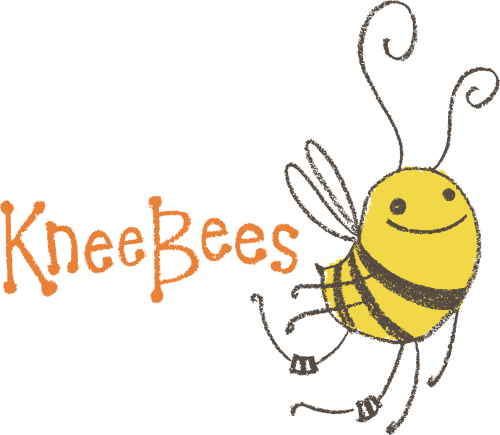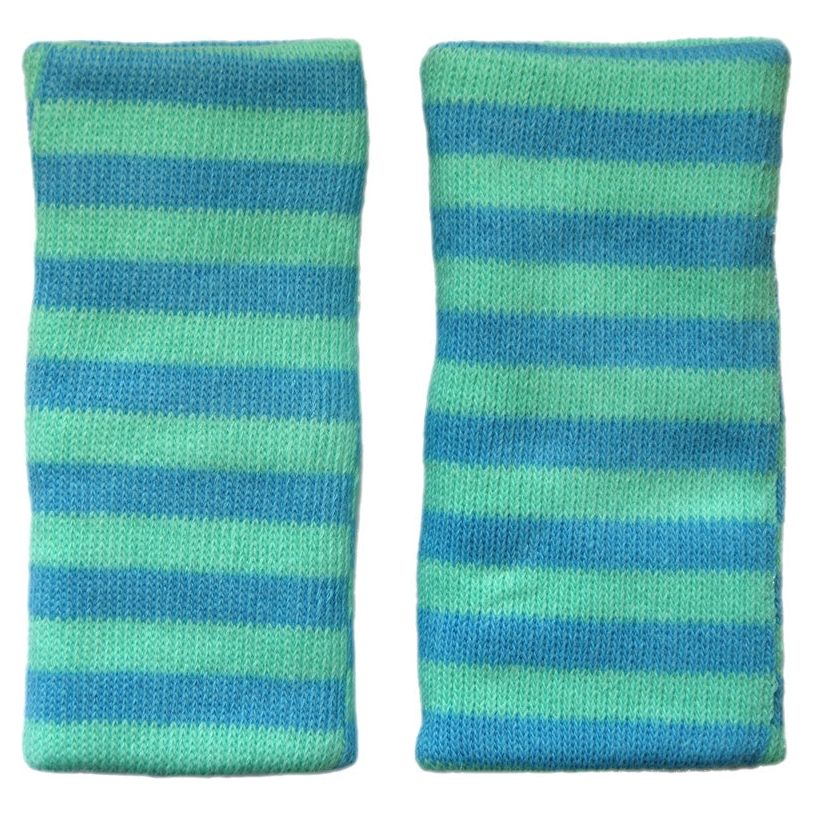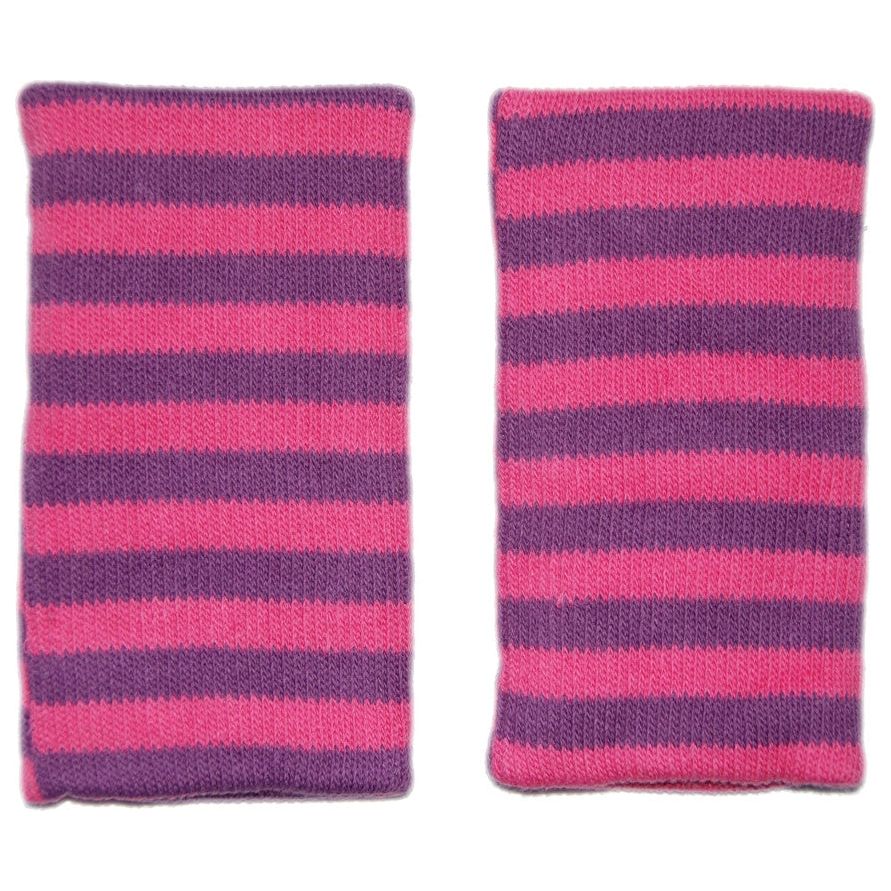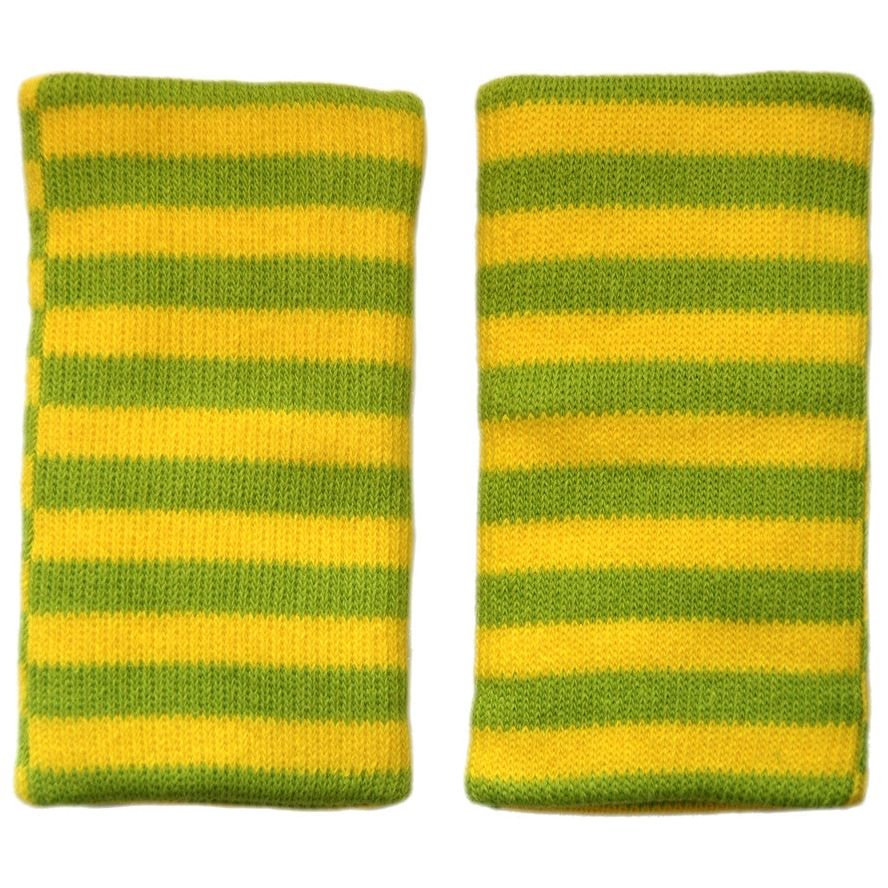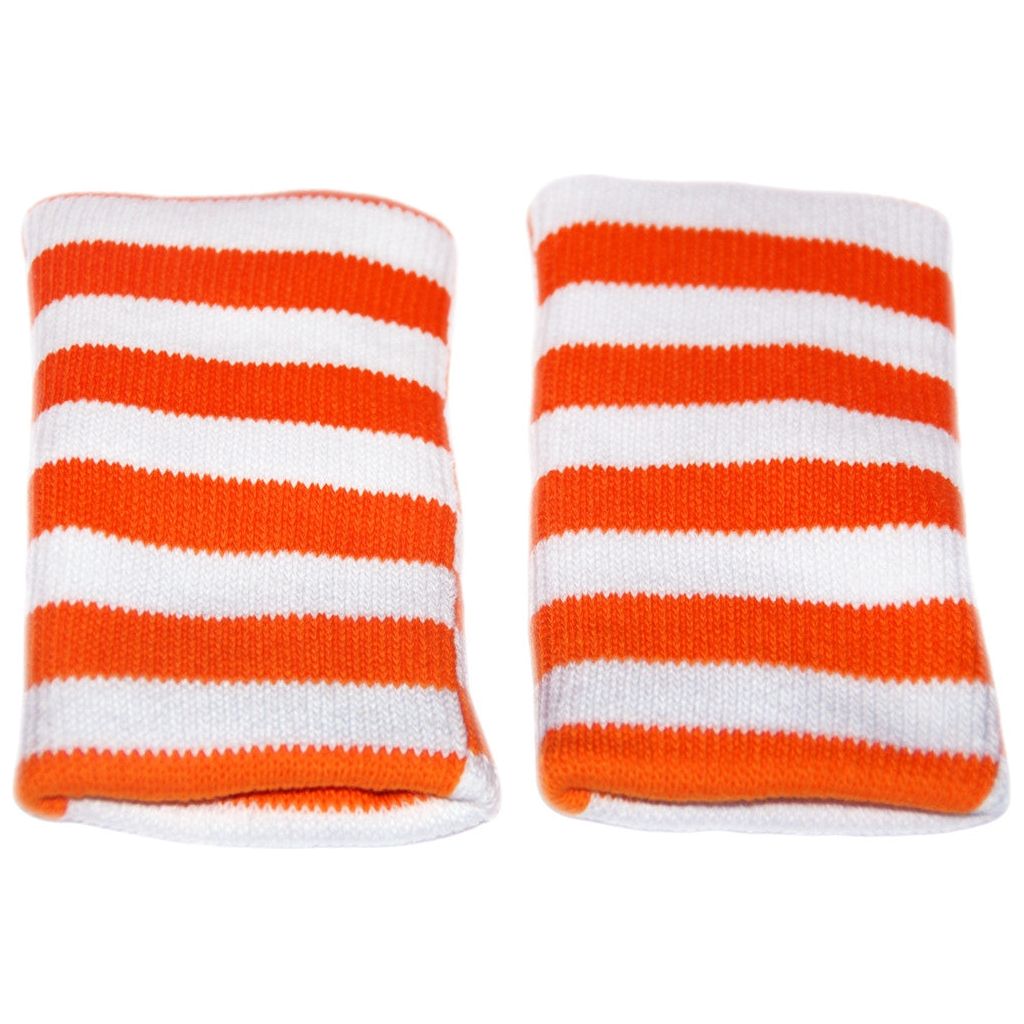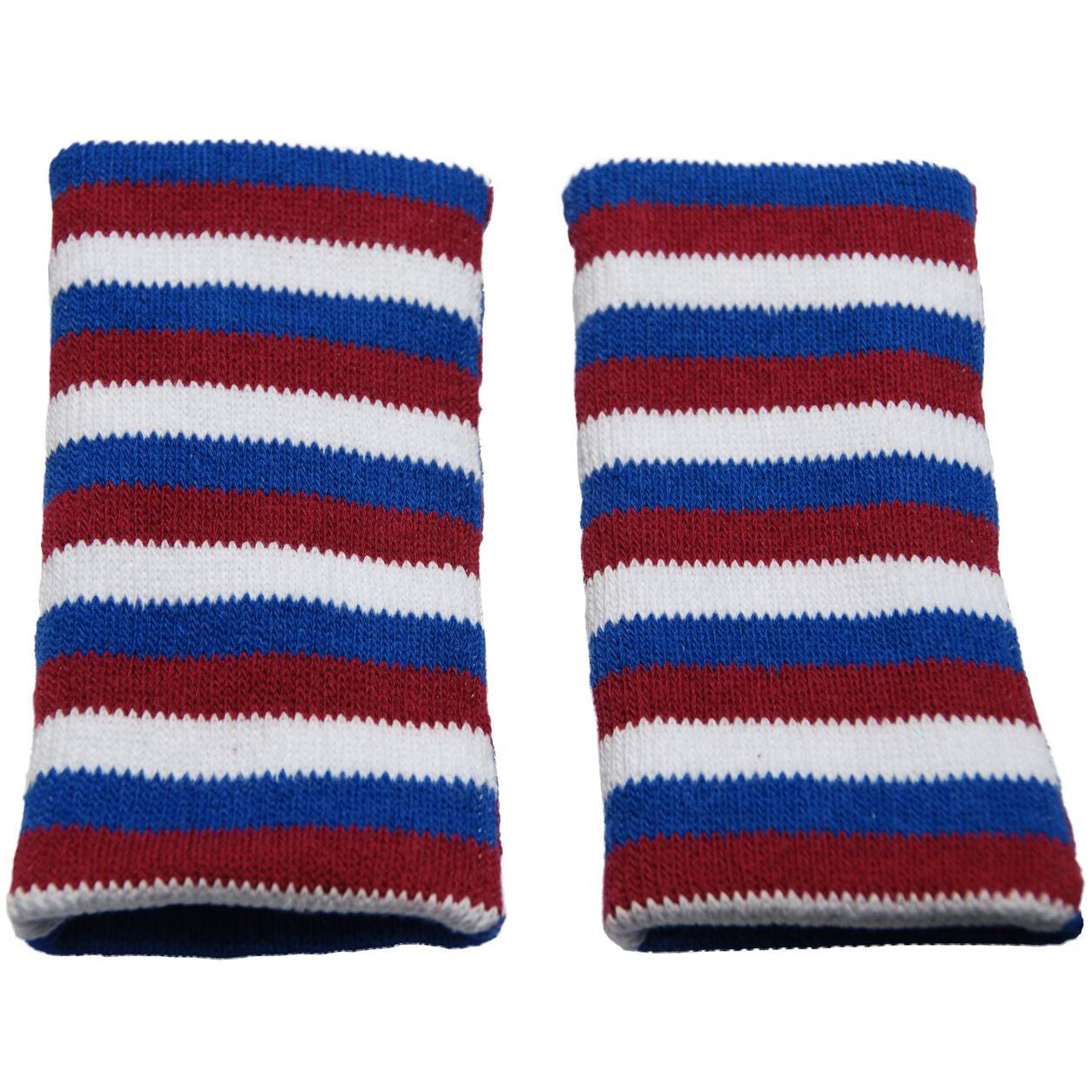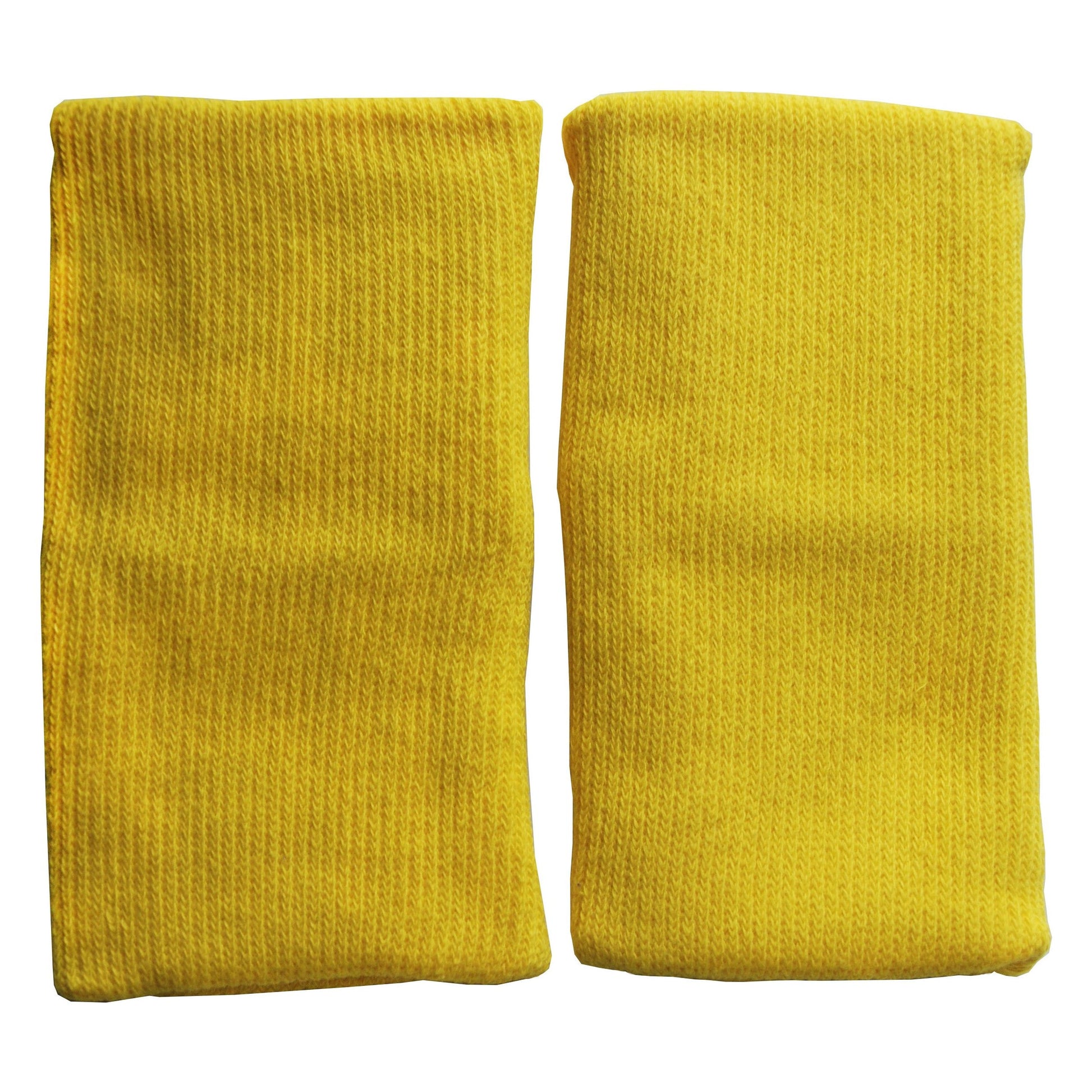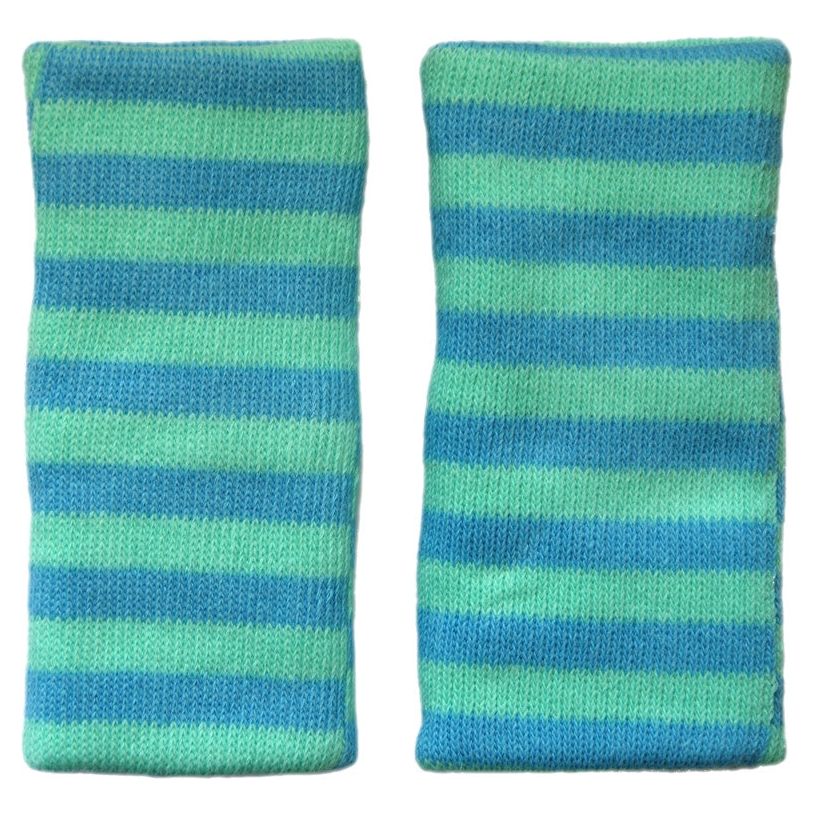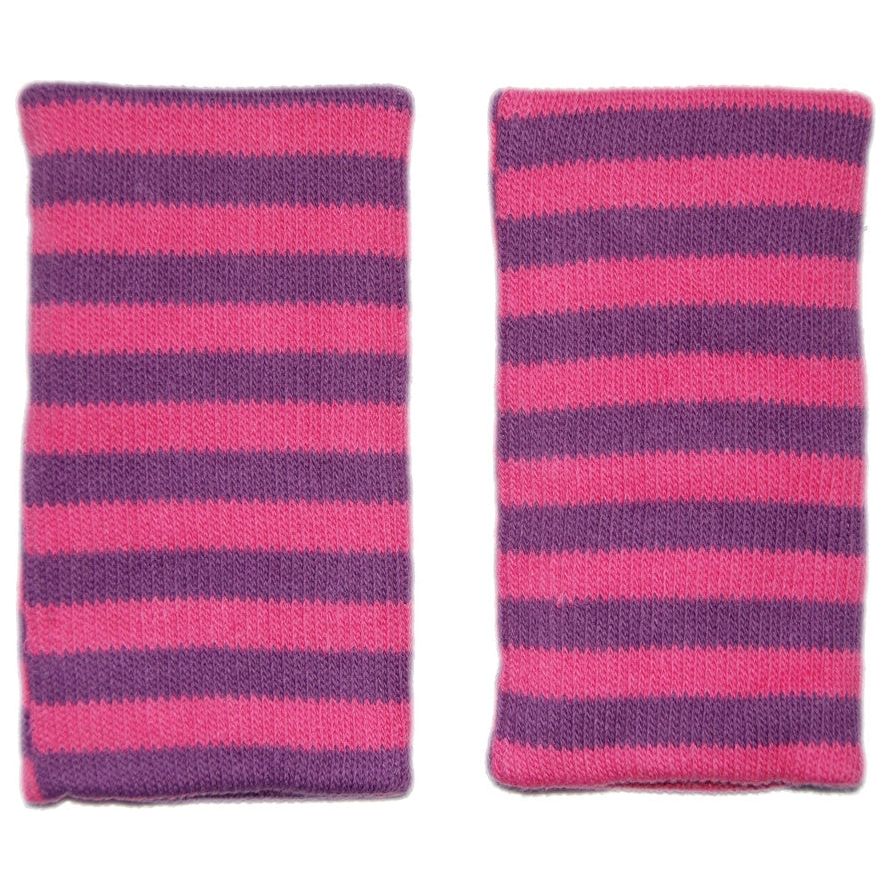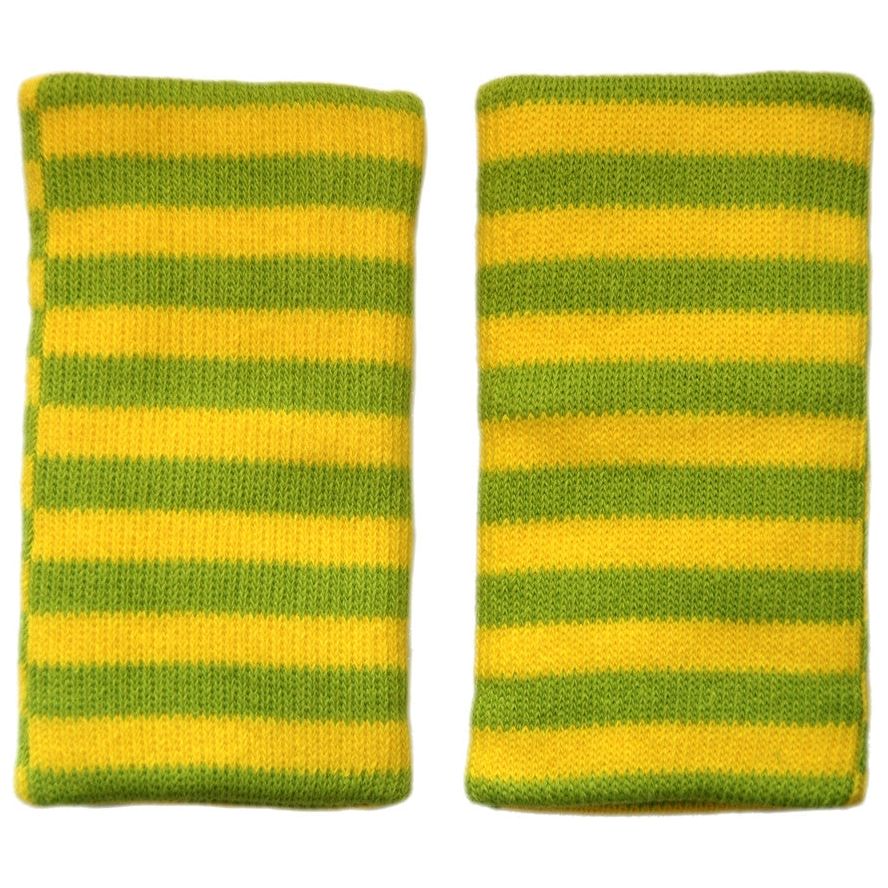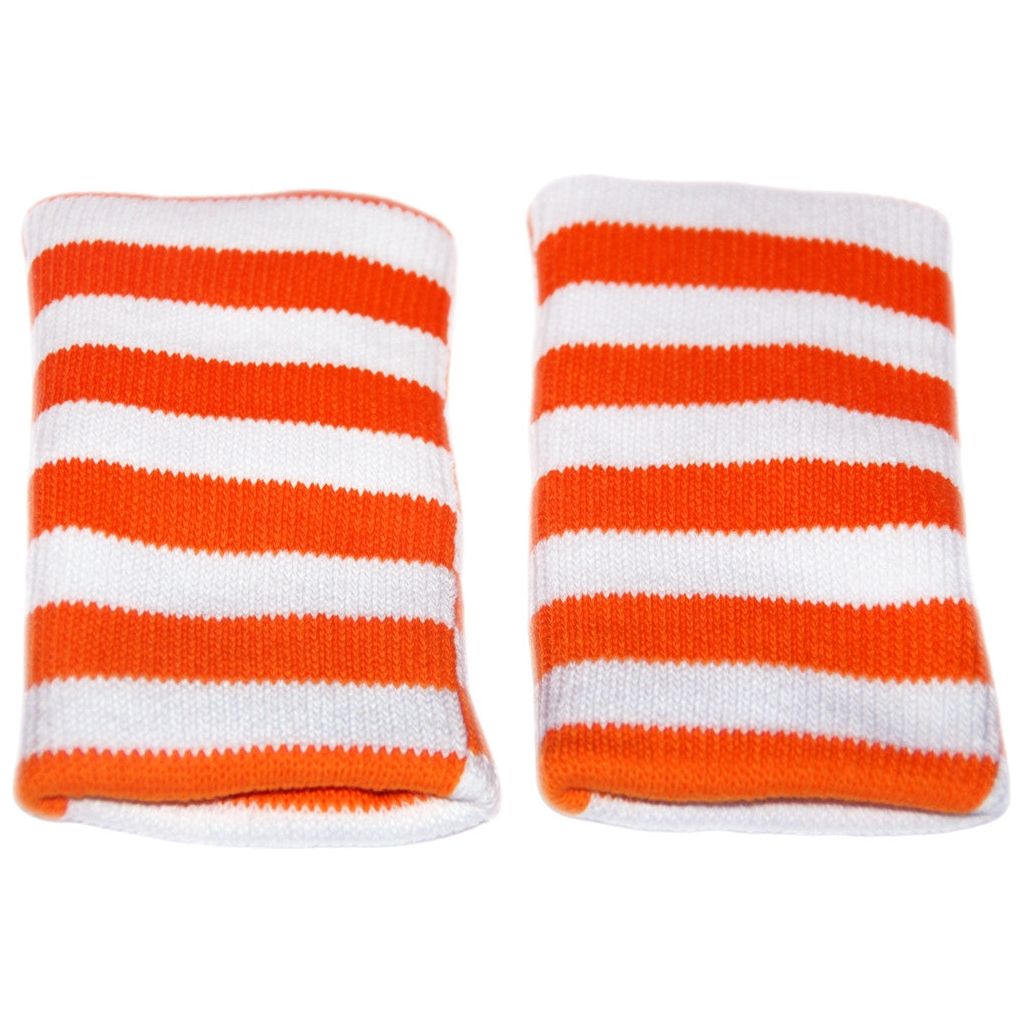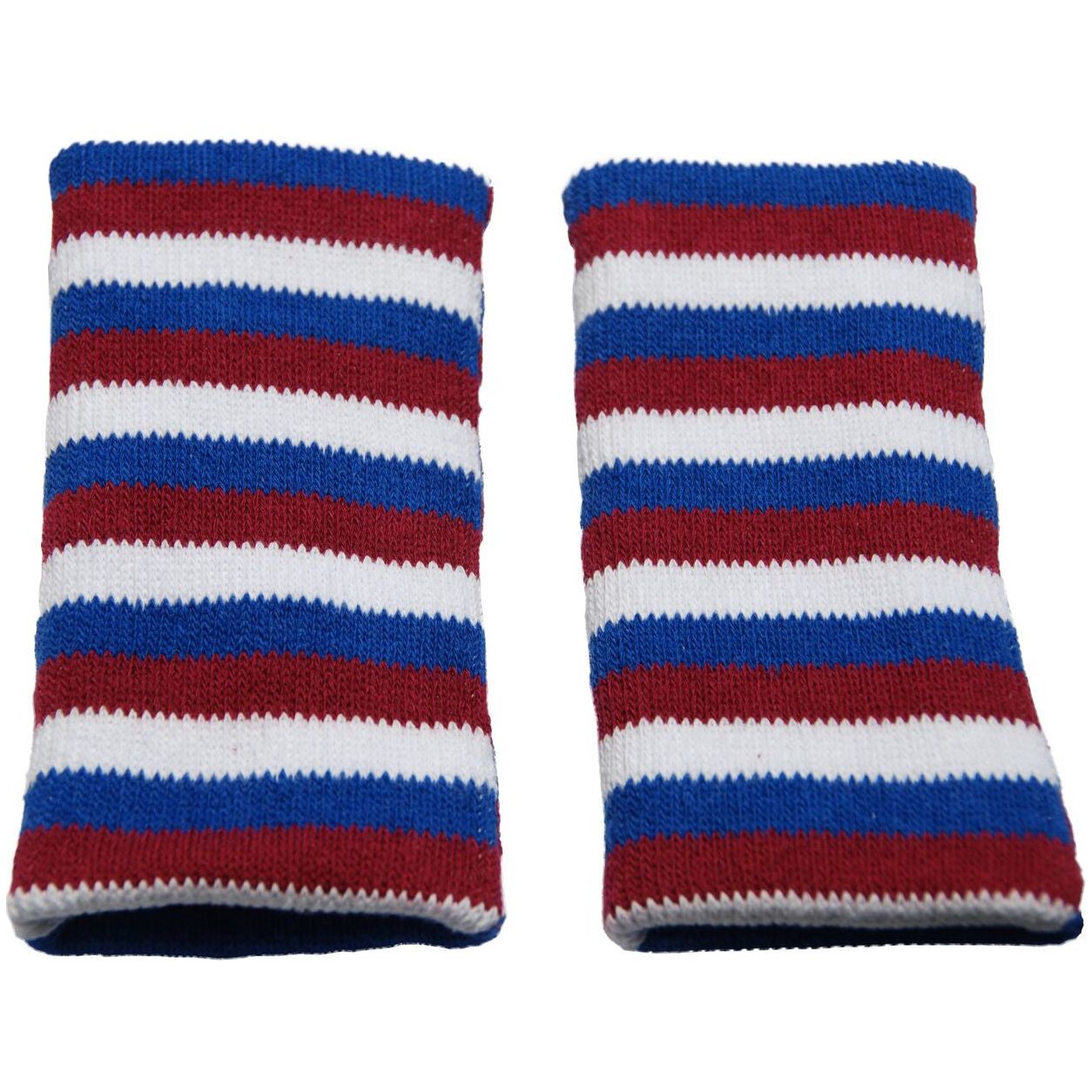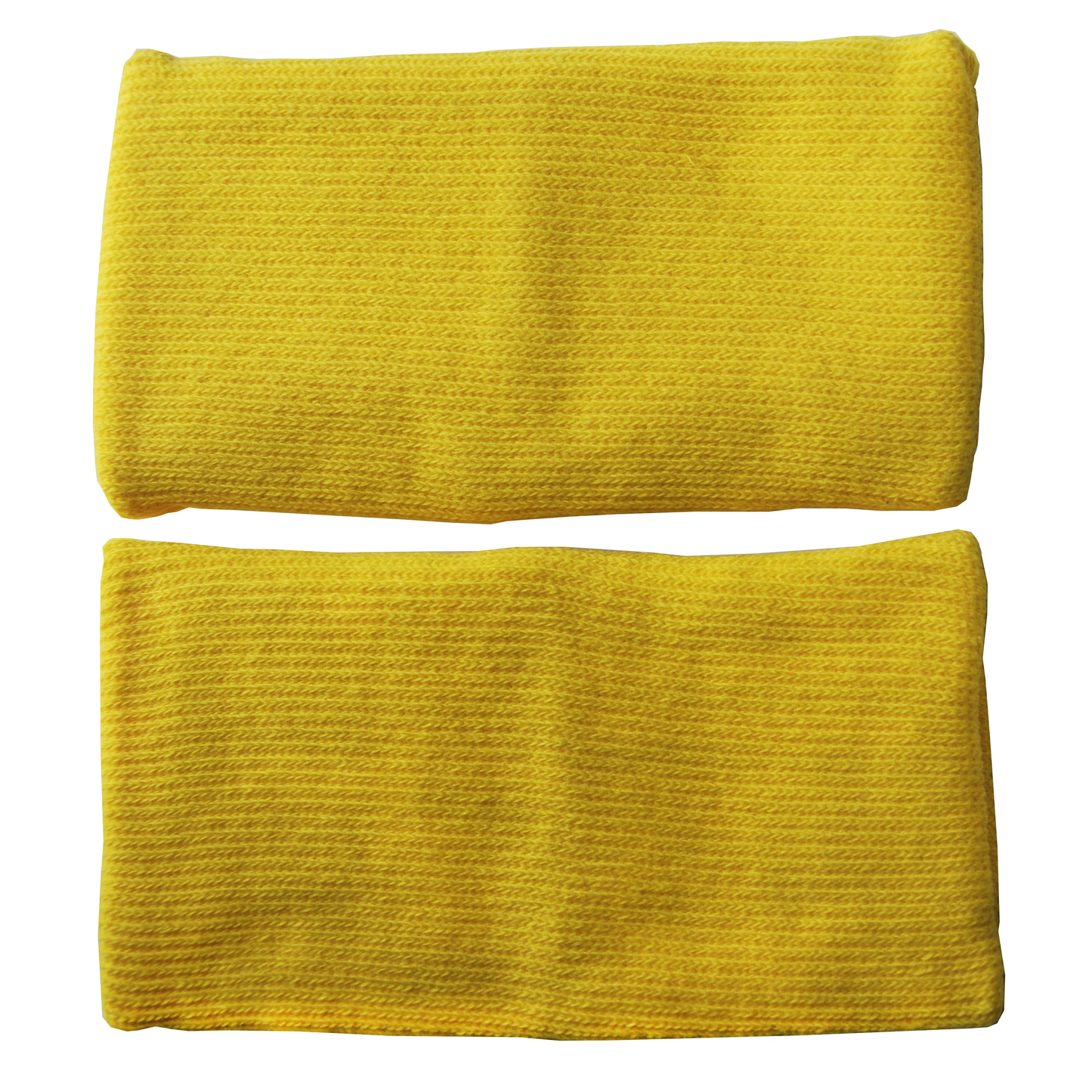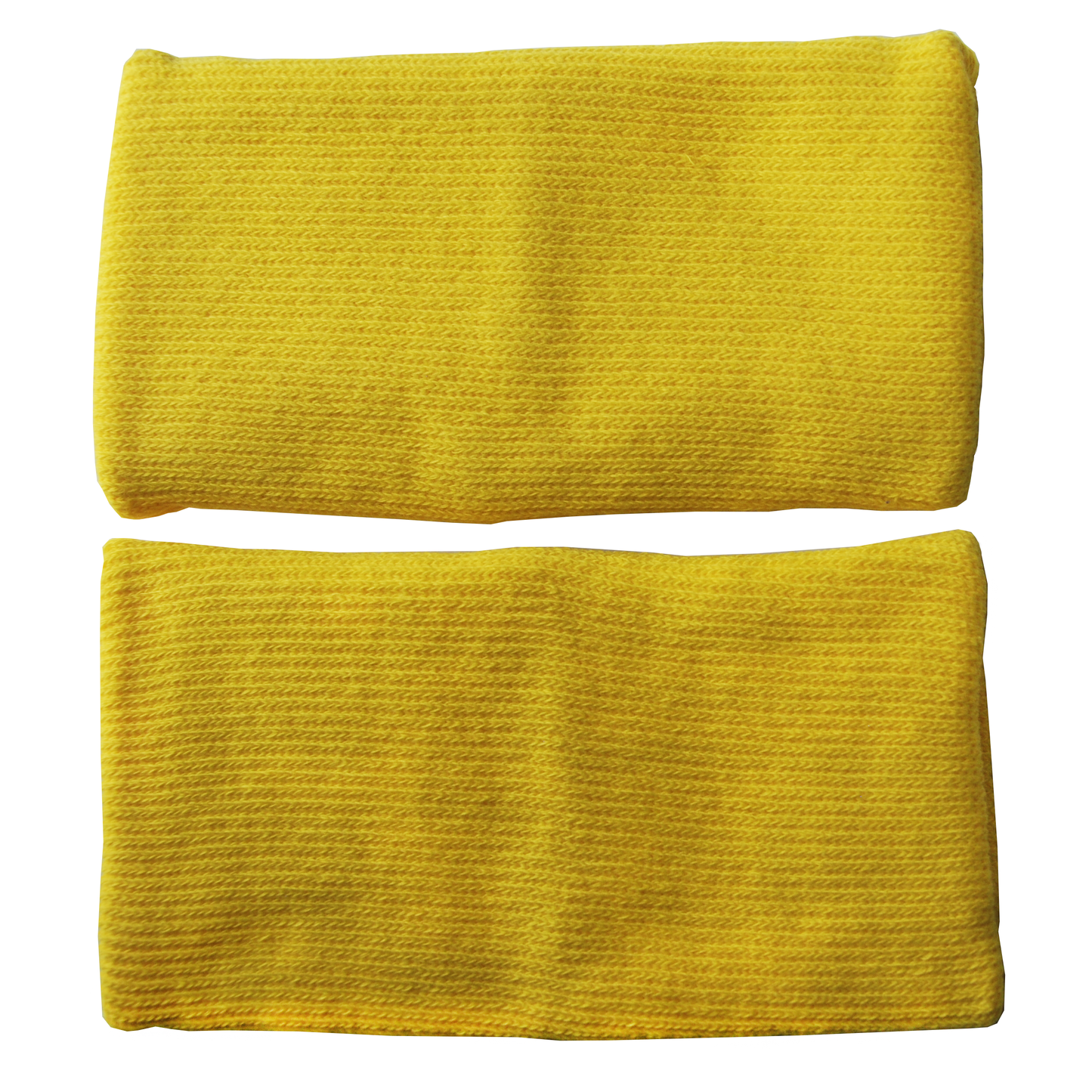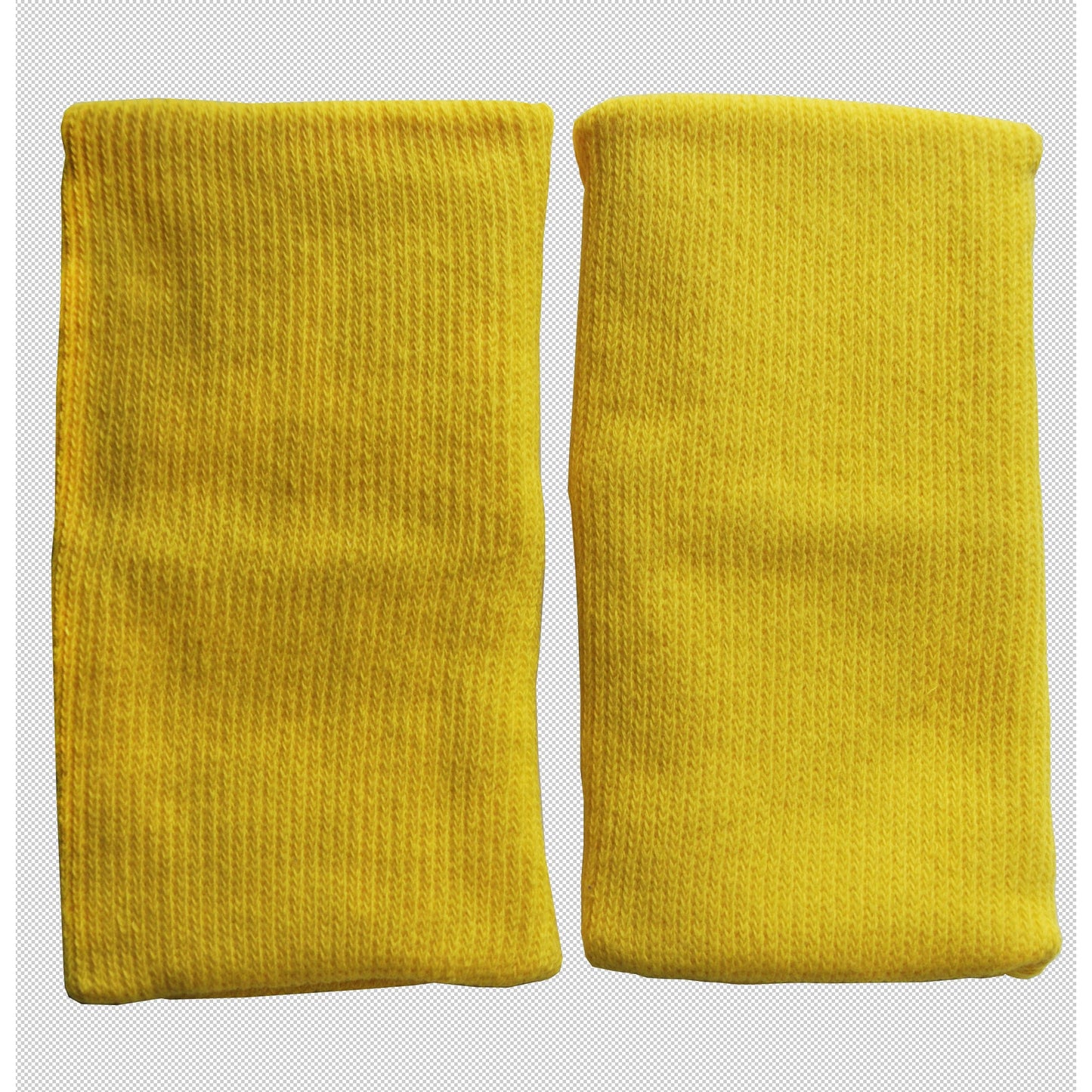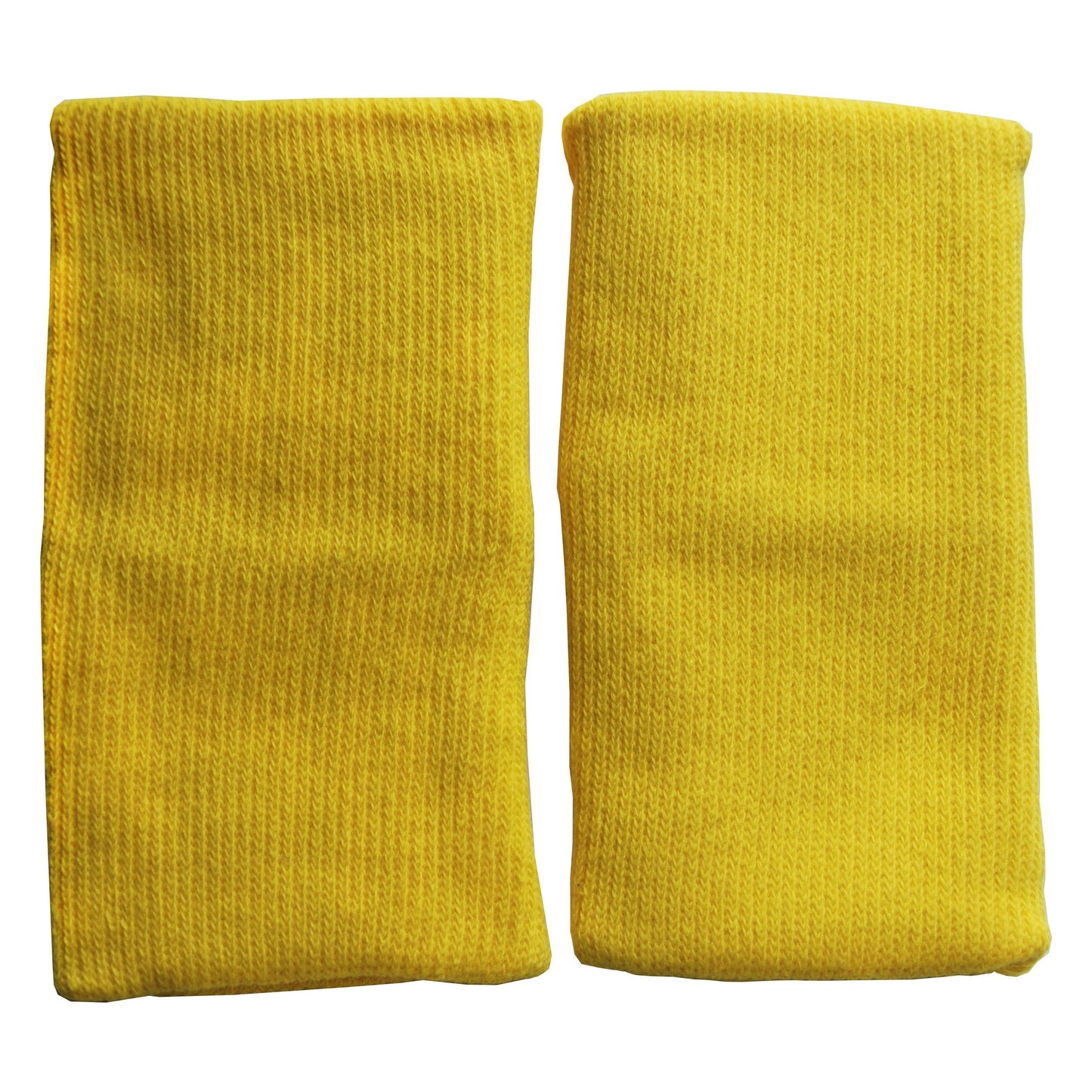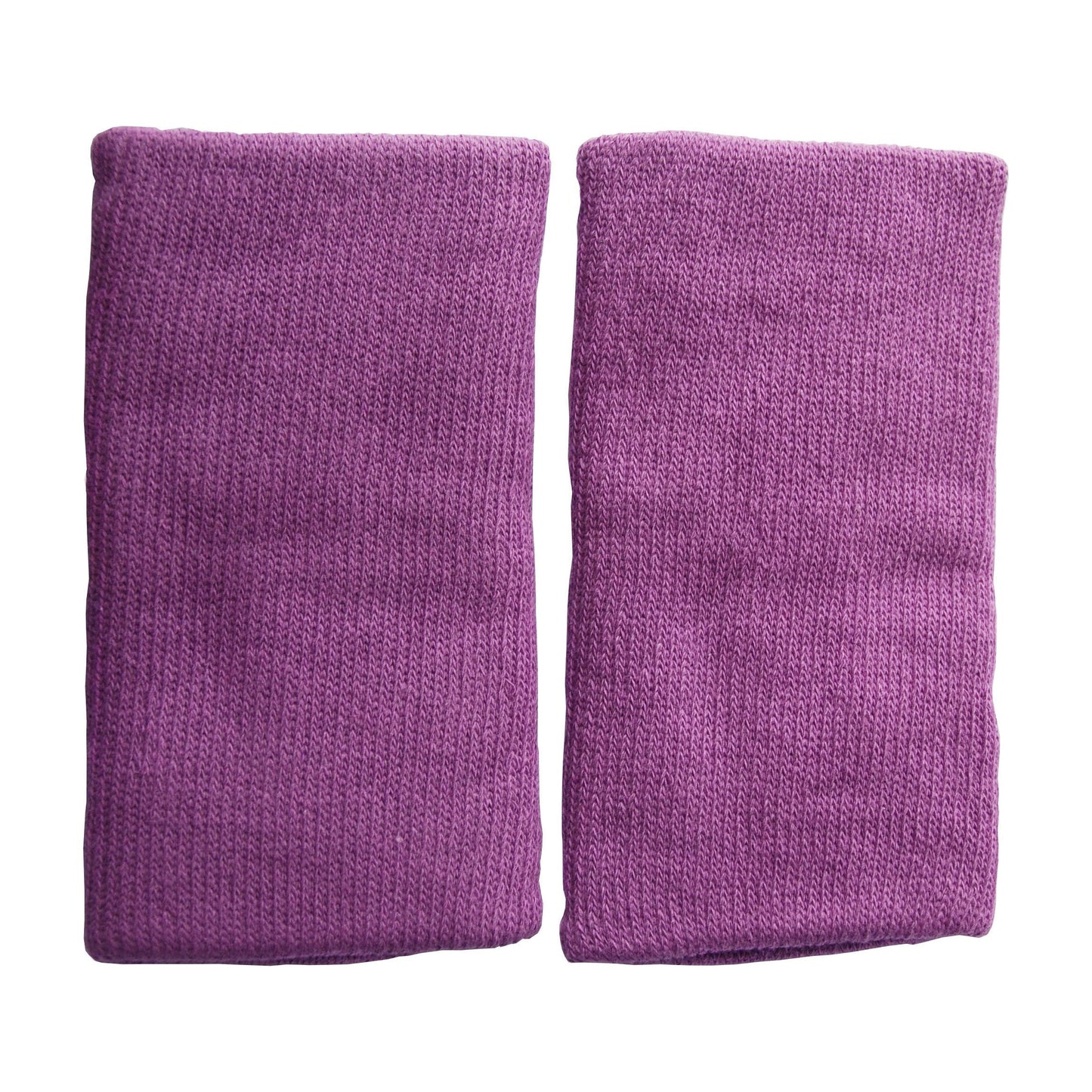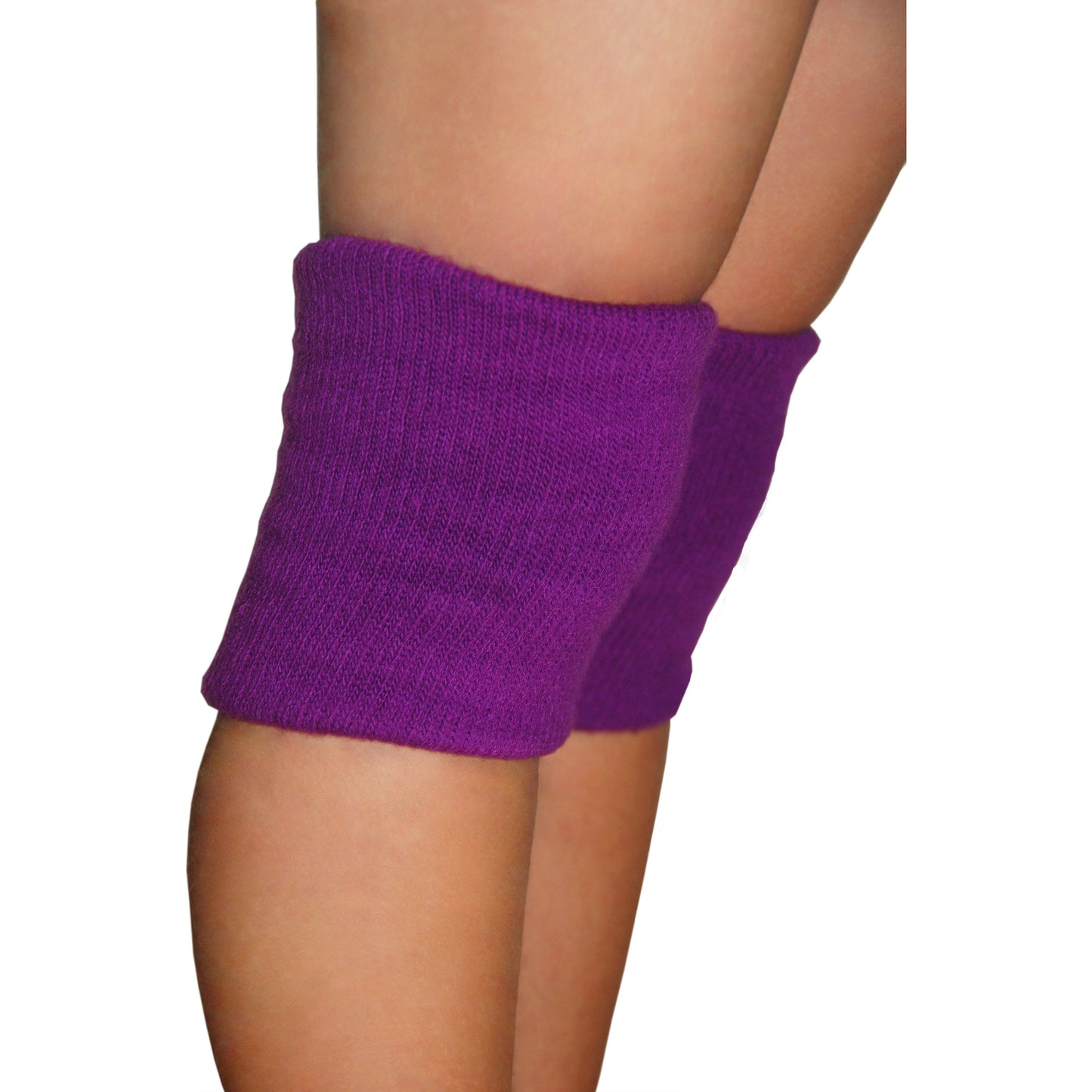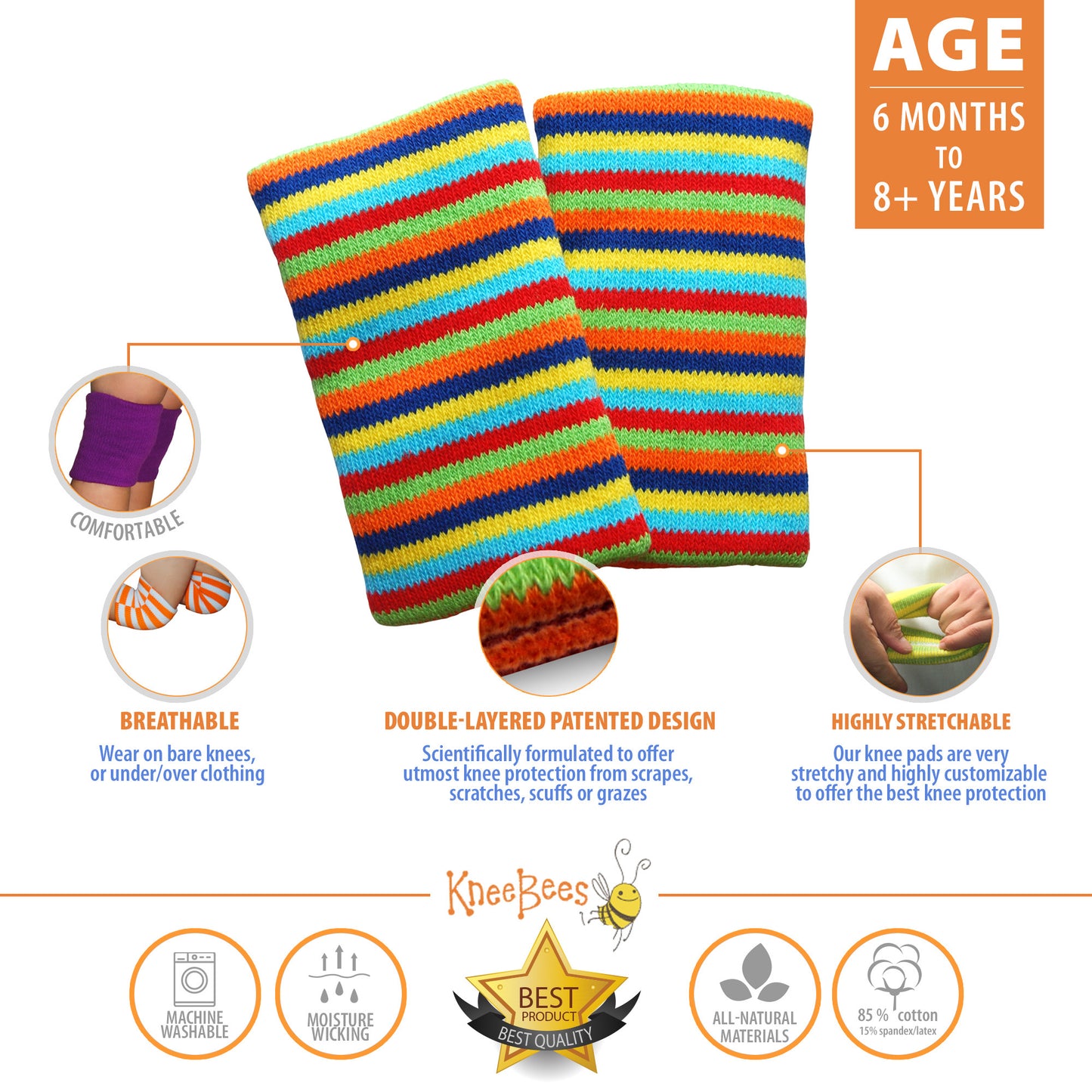As your baby reaches the crawling stage, their world expands, and so does their ability to communicate. Crawling plays a crucial role in language development, as it allows babies to explore their environment and interact with people and objects in new ways. In this comprehensive guide, we'll delve into the fascinating connection between crawling and language development. We'll explore how crawling stimulates brain development, enhances sensory experiences, promotes visual exploration, and encourages social interaction—all of which are essential foundations for language acquisition and communication skills. We'll also provide practical tips and strategies to support your baby's communication milestones during this exciting phase.
1. The Link Between Crawling and Language Development:
Crawling is a significant milestone that paves the way for various aspects of language development. By engaging in purposeful movement and spatial exploration, babies enhance their cognitive and linguistic abilities. We'll discuss the neuroscientific research behind the crawling-language connection and explain how crawling stimulates neural pathways, promotes cross-modal integration, and lays the groundwork for later language skills.
2. Creating an Enriched Language Environment:
To foster robust language development, it's important to create an environment that encourages communication. We'll provide in-depth suggestions for creating a language-rich environment, including talking and singing to your baby, reading books together, using gestures and facial expressions, and engaging in interactive play. We'll also discuss the benefits of exposing your baby to a diverse range of sounds, words, and languages, helping them develop phonological awareness and a rich vocabulary.
3. Supporting First Words and Vocabulary Expansion:
As your baby starts to crawl, they become more attentive to their surroundings and the words they hear. We'll share effective strategies to support your baby's first words and vocabulary expansion. We'll discuss the importance of responsive and meaningful interactions, such as labeling objects, repeating sounds and words, engaging in back-and-forth conversations, and incorporating language into daily routines. We'll address common concerns about delayed speech development and provide guidance on when to seek professional assistance.
4. Encouraging Non-Verbal Communication:
Before babies can speak, they communicate through non-verbal means. We'll explore the importance of non-verbal communication in language development and provide practical tips to encourage gestures, pointing, and body language. By understanding and responding to your baby's non-verbal cues, you can create a supportive environment that fosters a sense of understanding and builds the foundation for effective communication.
5. Engaging in Interactive Play:
Play is a powerful tool for language development. We'll highlight the role of interactive play in supporting language skills and suggest age-appropriate games and activities for your crawling baby. From peek-a-boo and imitation games to sensory exploration and pretend play, we'll provide a wide range of interactive play ideas that stimulate language development, encourage social interaction, and enhance cognitive abilities.
6. Celebrating Communication Milestones:
As your baby progresses in their language development journey, it's important to celebrate their milestones. We'll outline common communication milestones during the crawling stage, such as babbling, imitating sounds, understanding simple commands, and gesturing. By recognizing and applauding your baby's achievements, you can boost their confidence and encourage further language exploration.
The crawling stage is a remarkable time of growth and discovery for both babies and parents. By understanding the profound link between crawling and language development, creating a language-rich environment, supporting first words and vocabulary expansion, encouraging non-verbal communication, and engaging in interactive play, you can actively nurture your baby's language skills and help them become confident and effective communicators. Embrace this exciting stage of development, celebrate each milestone, and watch with joy as your baby's language abilities continue to blossom.

